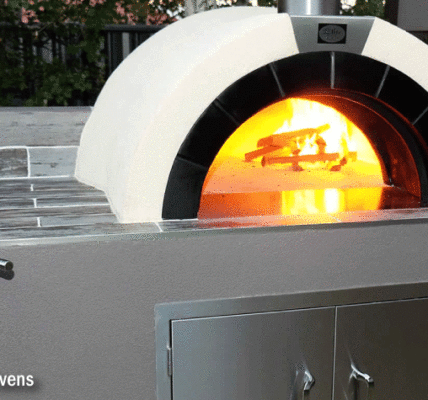New South Wales has the most widespread solar energy installation in Australia. Over the past ten years, an estimated 25% of homeowners have installed solar panels and accessories on their properties. And now, the local government is targeting net-zero carbon emissions by 2050 as per Net Zero Pan, which is why is it’s encouraging residents to stop using fossil fuels in favour of renewable energy sources.
Specifically, the government offers grants and rebates to homeowners and small businesses to encourage the transition to renewable energy sources, the main one being solar systems. The first initiative, known as the Solar Bonus Rebate, ended in 2017, and currently, the NSW government offers two grants: the Empowering Homes Solar Rebate and the Solar for Low Income Households grant. The former is available statewide, while the latter is in trial phases in some regions.
Empowering Homes Solar Rebate
The Empowering Homes Solar Rebate is an incentive that intends to increase the adoption of solar energy by providing interest-free loans for first-time installations. Homeowners who are eligible can receive up to $14,000 when purchasing a new complete system with panels, batteries, and other accessories, or up to $9,000 when replacing a defective or worn-out battery.
Solar for Low-Income Households
On the other hand, Solar for Low-Income Households is a trial program that provides a free 3kW solar energy system plus installation for eligible homeowners. Its objective is to reduce overall electricity bills by up to $600 yearly. The eligibility criteria for this incentive include:
- A resident in one of the regions where the trial is available.
- Proof of property ownership where the solar energy system will be installed.
- Satisfy the eligibility criteria for the Low-Income Household Rebate.
- A holder of a valid Department of Veteran Affairs Gold Card or a Pensioner Concession Card.
- Lack an installed solar panel system on your property.
Assistance for Regional Businesses
The Regional Community Energy Fund develops incentives and grants for regional businesses to help them reduce their energy consumption rates. These initiatives include grants for projects that benefit communities in the eligible region and financial assistance to regional hubs, which later disburse the monies to households and small businesses to acquire the resources they need to get professional advice on managing their energy use.
Feed-in Tariffs
Besides rebates and grants, homeowners and small businesses can make the most of feed-in tariffs. In this case, you can sell the surplus electricity produced by your solar energy system to an electricity supplier at a specified rate.
However, the peak times for solar power production coincide with the lowest demand for electricity, between 8.30 a.m. and 4 p.m. and, for this reason, the returns from feed-in tariffs are not high. Usually, they range between three and six cents per kilowatt.
The Small-scale Renewable Energy Scheme
Lastly, the federal government offers the Small-scale Renewable Energy Scheme (SRES) to homeowners and small businesses that shift to renewable energy sources. This incentive provides a running benefit, covering both upfront and installation costs.
When a household or a business meets the eligibility criteria for SRES, the government gives a Small-scale Technology Certificate (STC). These documents have a redeemable value that you can assign or sell to your energy provider.
Wrapping Up
There you have it! These are some of the grants and rebates available to homeowners and business people in NSW. As the region pushes to maintain its place as the biggest adopter of solar energy, locals need to consider these incentives because they can help reduce the cost of installing solar energy systems.




